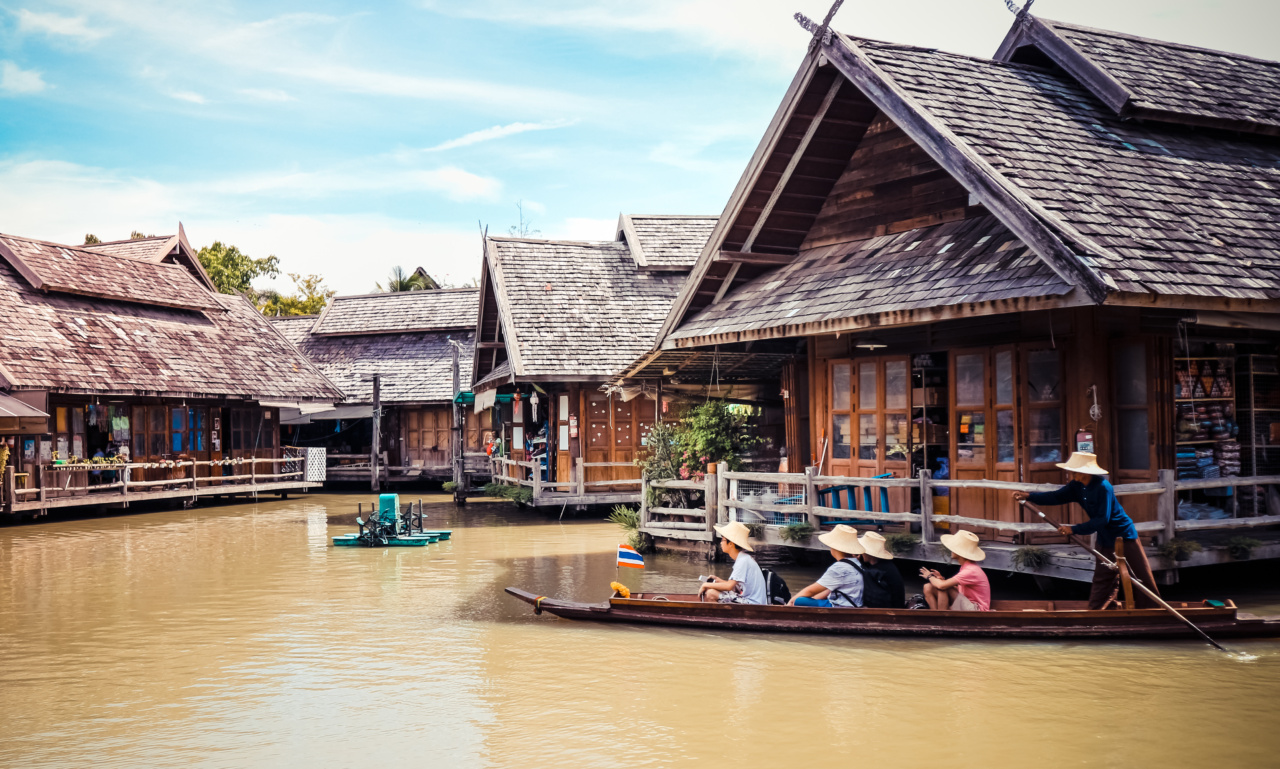Plastic, one of the most versatile materials in the world, is used in a wide range of industries, from packaging to automotive, construction to healthcare.
The manufacturing of plastic plays a vital role in economies worldwide, contributing to job creation and economic growth. This article takes you on a virtual tour of the plastic manufacturing industry in two fascinating countries, the Czech Republic and Thailand.
Both countries have established themselves as key players in the global plastic manufacturing sector, each with its unique strengths and advantages.
Czech Republic: A Hub of Innovation and Precision
The Czech Republic, located in the heart of Europe, has gained a reputation for its advanced technologies and precision engineering.
The country serves as a significant manufacturing base for various industries, including automobiles, electronics, and, of course, plastic manufacturing. The Czech Republic’s plastic industry owes its success to several key factors.
1. Technological Advancements
When it comes to plastic manufacturing, the Czech Republic prides itself on its technological advancements.
The country has invested heavily in state-of-the-art machinery and automation, enabling manufacturers to produce high-quality plastic products efficiently. The use of advanced 3D printing technology and robotics has revolutionized the industry, reducing production time and costs while ensuring precision and consistency.
2. Skilled Workforce
The Czech Republic boasts a highly skilled and educated workforce, proficient in engineering and manufacturing. Technical schools and universities offer specialized programs and courses in plastic engineering, molding, and production management.
This ensures a continuous supply of qualified personnel who can contribute to the growth and development of the plastic manufacturing industry.
3. Strong Research and Development
Czech plastic manufacturers prioritize research and development to drive innovation and stay ahead of the curve.
Collaboration between academic institutions, industry experts, and government agencies fosters the development of new materials, production techniques, and eco-friendly solutions. The focus on research and development has not only improved the quality of plastic products but has also led to the creation of sustainable and recyclable alternatives.
Thailand: A Leader in Plastics Production and Export
Situated in Southeast Asia, Thailand has emerged as a major player in the global plastic manufacturing market. The country offers several advantages that have contributed to its success in this industry.
1. Strategic Geographic Location
Thailand’s geographical location gives it an edge in the plastic manufacturing sector. With proximity to key markets in Asia, including China and India, Thailand serves as a regional hub for plastic production and export.
The country’s strategic location ensures cost-effective transportation and logistics, making it an attractive destination for both manufacturers and buyers.
2. Well-Established Supply Chain
Thailand has developed a robust and efficient supply chain for plastic manufacturing, from raw material sourcing to distribution.
The country’s well-established infrastructure, including ports, highways, and industrial zones, facilitates smooth operations and timely delivery. Additionally, suppliers and manufacturers have formed collaborative networks, ensuring a steady supply of raw materials at competitive prices.
3. Government Support and Incentives
The Thai government has actively supported the growth of the plastic manufacturing industry through various initiatives and incentives.
These include tax benefits, reduced import duties on machinery and raw materials, and streamlined bureaucratic procedures. Such support encourages both domestic and foreign investments in the industry, fostering its expansion and development.
Environmental and Sustainability Efforts
The plastic manufacturing industry, while crucial for many sectors, has faced growing concerns regarding its impact on the environment.
Both the Czech Republic and Thailand have recognized the need to address these concerns and have made significant efforts to promote environmental sustainability within the industry.
1. Embracing Circular Economy Principles
Both countries are increasingly adopting circular economy principles in their plastic manufacturing processes. This involves minimizing waste, promoting recycling and reusing, and using eco-friendly materials.
By embracing the circular economy, plastic manufacturers contribute to reducing plastic pollution and ensure a more sustainable future.
2. Development of Bioplastics
Bioplastics, a sustainable alternative to traditional plastic, have gained significant attention in recent years.
The Czech Republic and Thailand have invested in the research and development of bioplastics, which are derived from renewable resources such as plant-based materials. These biodegradable plastics offer similar functionalities while minimizing the environmental impact.
Challenges and Future Outlook
While both the Czech Republic and Thailand have established themselves as important players in the global plastic manufacturing industry, they face their own unique set of challenges.
1. Environmental Awareness and Policy Implementation
Despite the efforts made towards sustainability, raising environmental awareness and implementing stricter policies remain crucial.
Plastic manufacturers must continue to invest in eco-friendly practices and technologies, while governments need to enforce and support sustainable initiatives through regulations and incentives.
2. Competition and Market Volatility
The plastic manufacturing industry is highly competitive, with constant fluctuations in market demand and prices.
Both countries must adapt to changing market conditions by continuously improving their products, exploring new markets, and diversifying their offerings. Collaboration between manufacturers, suppliers, and other stakeholders can help navigate these challenges effectively.
Conclusion
The Czech Republic and Thailand showcase the global drive towards sustainable plastic manufacturing.
With their cutting-edge technologies, skilled workforce, and commitment to environmental sustainability, these countries have become leaders in the industry. Through ongoing research and collaboration, the plastic manufacturing sector in both nations is poised for continued growth and innovation.





























